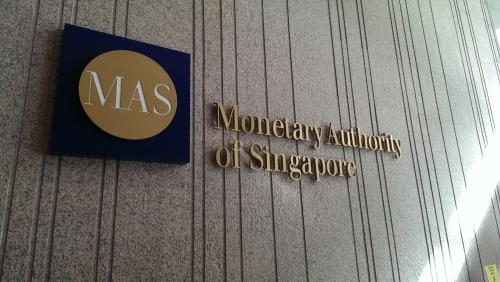
The Monetary Authority of Singapore (MAS) responded to Parliamentary Questions this week on the future of cryptocurrency trading. Mr Tharman Shanmugaratnam, the Deputy Prime Minister of Singapore and Minister in charge of MAS, said there was no strong case yet for banning cryptocurrency trading, but that they were monitoring developments in other countries.
On the question of illicit uses of cryptocurrency for tax avoidance or money laundering, Mr Shanmugaratnam said that AML and CFT (countering the financing of terrorism) regulations would be applied to intermediaries in the trade. These regulations were established in 2017 as part of a public consultation on a proposed Payment Services Bill.
Singapore's Suspicious Transaction Reporting Office also keeps a record of all information from citizens, who are legally obliged to report any suspicious transactions, and enforcement agencies are particularly looking out for cryptocurrency or ICO-related activities.
When asked what measures were being taken to educate Singaporean citizens about cryptocurrency trading and assessing the recent price collapse, Mr Shanmugaratnam said that MAS had issued advisories about the high risks of digital currency investment. MAS highlighted the enticement of scammers telling people to buy low, especially untraceable entities outside the country. As for the risk to the country's financial stability, the scale of trading in Singapore was too low to pose broader, systemic risks to the banking system.
The blockchain industry has grown exponentially, disrupting traditional markets and creating new opportunities for innovation.
MoreThe UAE has amassed $40 billion in Bitcoin, solidifying its ambition to become a global cryptocurrency hub.
MoreAustralian Computer Scientist Craig Wright Found in Contempt by UK High Court
MoreIn a bold move reinforcing its commitment to cryptocurrency, MicroStrategy announced the acquisition of 5,262 bitcoins for $561 million, elevating its total Bitcoin holdings to an impressive 444,262 BTC, valued at approximately $42.1 billion.
More